The Environmental Benefits of Using Sustainable Label Materials
In today’s world, sustainability is more than just a buzzword—it’s a necessity. As companies and individuals become increasingly aware of their environmental footprint, many are taking proactive steps to reduce waste and make eco-friendly choices. One area where sustainability can have a significant impact is in the use of label materials. As LabelGo, we understand that labels are not just a functional element of a product; they also play a role in shaping a brand’s environmental impact. Choosing sustainable label materials offers numerous benefits to both businesses and the planet.
1. Reduced Waste and Landfill Impact
Traditional label materials, such as those made from non-recyclable plastics or synthetic fibers, can take years—even centuries—to break down. This contributes to the growing issue of waste in landfills and oceans. By opting for sustainable alternatives, such as biodegradable or recyclable label materials, brands can significantly reduce their contribution to landfill waste. These materials are designed to break down naturally or be reused, helping to promote a circular economy.
2. Lower Carbon Footprint
Sustainable label materials are often produced using less energy and fewer resources, reducing the overall carbon footprint of your labeling process. For example, organic cotton, hemp, or recycled paper materials typically require fewer resources and energy during production compared to conventional materials. By choosing sustainable labels, companies are able to align with global goals for reducing greenhouse gas emissions.
3. Promotes Recycling and Reusability
Sustainable labels are often designed to support the recycling of the entire product. Materials such as recycled paper, glassine, and certain types of plastic can be reused or easily recycled at the end of their life cycle. In contrast, traditional labels may use adhesives or layers that hinder recyclability. Sustainable labeling supports a closed-loop system where resources are continuously reused.
4. Appealing to Eco-Conscious Consumers
Today’s consumers are increasingly eco-aware. Many shoppers base purchasing decisions on a product’s environmental footprint—including its packaging and labels. By using sustainable label materials, brands can attract environmentally conscious customers and boost loyalty by showing a genuine commitment to sustainability.
5. Compliance with Environmental Regulations
Governments worldwide are enacting stricter environmental regulations. Using sustainable label materials helps businesses comply with waste reduction, carbon footprint, and recyclability standards. Early adoption of eco-friendly practices can also save costs in the long term by avoiding fines and future regulation hurdles.
6. Support for Ethical Sourcing
Sustainable label materials often come from responsibly managed and ethically sourced resources. FSC-certified paper, organic cotton, and fair trade fibers ensure minimal impact on ecosystems and respect for labor rights. By choosing ethically sourced labels, businesses contribute to a broader positive impact both environmentally and socially.
7. Innovation and Collaboration in Sustainability
The demand for sustainable solutions has led to exciting innovations in label production. From recycled textiles and plant-based materials to water-based inks and biodegradable adhesives, the industry is evolving fast. As LabelGo, we actively collaborate with suppliers to offer the most innovative, functional, and sustainable label solutions for modern brands.
Join LabelGo in making environmentally responsible choices—because sustainability starts with the details.
